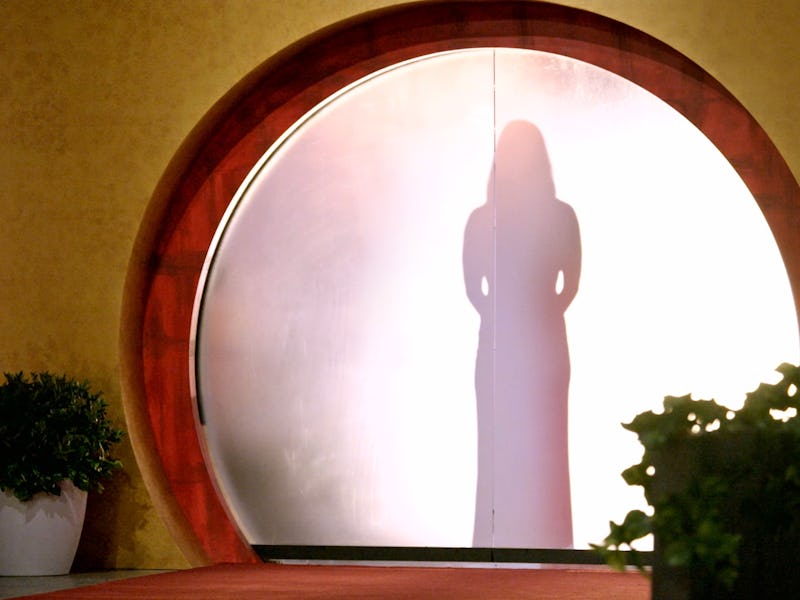“Love is Blind”: This 2013 study explains why the Netflix show is so good
Attraction science explains why reality show couples fall so fast.

Love is Blind, a popular, new reality dating show on Netflix, hinges on a basic premise: Is love, in fact, blind? Netflix markets it as “an experiment that the world has never seen before.” It’s also been deemed dystopian and “totally addictive.” But while the show is certainly a unique way to meet a mate, the factors that fuel these romances aren’t exactly new — and research shows they do inspire love.
The show, which drops its final episode on Thursday, follows a speed-dating format with a bonkers twist. It goes like this: 30 contestants, men and women hoping to find love, converse with potential suitors over the course of 10 days. They do so from the comfort of two isolated pods, kept separate only by an opaque wall. If a contestant feels they have formed an emotional connection with someone, the only way to meet their new love interest is by means of a proposal, meaning couples get hitched without ever having seen each other face-to-face.
The couples then have just 28 days together after they first meet to decide if they want to go ahead with marriage.
The host (Nick Lachey) claims at the outset of the show that “psychologists believe that emotional connection is the key to long-term marital success, not physical attraction,” which begs the question: Is that actually true? Do two people really not need a physical connection in order to form a long-lasting emotional one?
While the show itself seems removed from reality, the answer is actually yes. In a 2013 study published in the American Journal of Sociology, researchers analyzed the conversations of more than 900 heterosexual couples during speed-dating encounters. They found that communication played a huge role in what made certain couples feel connected — more so than looks. The study also showed that a four-minute date was ample time to forge a meaningful relationship.
Cameron and Lauren from "Love is Blind."
The show’s premise also raises the question: How much does physical beauty actually factor into love? If the remarkably fast progressions of the couplings on the show are anything to go by, it appears not much.
One couple, Cameron and Lauren, became engaged to be married after just five days of knowing each other. Is it all for the camera, or can love really develop that quickly? Helen Fisher, a biological anthropologist who specializes in romantic love, says it can. Fisher, who is also an advisor for Match.com, thinks that the environment of a reality television set may even increase the probability of love developing.
She explained in a 2016 interview with The Washington Post that “any kind of novelty drives up the dopamine system in the brain, which is what becomes activated when you fall madly in love. You’re in a situation in which the whole world is watching you – it’s very novel, it’s very exciting.” She boils romantic love down to “animal attraction” and says it “can be triggered instantly”.
Could it be that the heady intensity and exotic nature of a reality show environment may be clouding the judgment of contestants? Or are these people really and truly falling in love, regardless of whether their partner may have crooked teeth, or be in want of rock-hard abs?
The finale of the show is scheduled to air on February 27. We’ll find out which of the couples decide to go ahead with the wedding — and if love truly is blind.